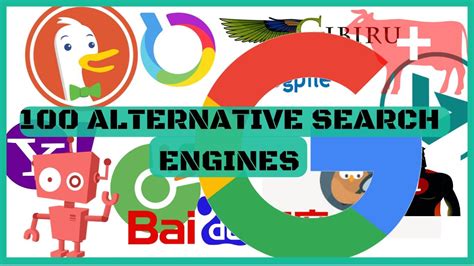Recent conversations around the pervasive dissatisfaction with Google Search point towards a deeper, systemic issue within the tech giant’s approach to its once heralded search engine. While changes are ubiquitous and an essential part of technological advancement, the type of changes implemented by Google has sparked debate about motives, specifically the increasing emphasis on ad revenues which seems to have a direct correlation with the quality of search results diminishing. Users have reported a marked increase in difficulty finding relevant results, an issue that ostensibly stems from changes aimed at increasing advertisement visibility and click-through rates rather than user satisfaction.
Amidst these grievances, there’s a burgeoning push towards exploring alternative search engines that prioritize user privacy and relevant results without bombarding users with ads. Engines like DuckDuckGo and Kagi are gaining traction, not just as ‘alternatives’ but as primary options for those disillusioned with Google’s search methodologies. Particularly, Kagi promotes a user-supportive model that while paid, assures better control over search outcomes and relevance, a stark contrast to Google’s ad-heavy algorithms.
Moreover, the incorporation of AI in search processes while innovative, has presented its own set of challenges, particularly around the accuracy and reliability of content. The backlash Google faces with its AI-integration in search results mirrors the broader industry’s struggle with balancing technology integration with quality assurance in outputs. Tools like ChatGPT or OpenAI surface in discussions as powerful aids in information retrieval, signifying a tech community’s pivot towards AI-powered search functionalities, although with a cautious acknowledgment of their current limitations.
Historical perspective is crucial in understanding these shifts. There was a time when Google represented the epitome of internet search, with a stark commitment to ‘organizing the world’s information’. However, introspections into its evolving strategies perhaps reveal a divergence from these original tenets, moved by imperatives pushed possibly by a change in leadership focus towards monetization strategies over user-centric product development.
This perceived decline in search quality has catalyzed discourse on the necessary decentralization of search and information retrieval services. Some suggest the return to more basic, less ad-infiltraited models of search, or even a blend where AI aids human decision-making rather than replaces it, could be the path forward. The tech community’s reception to these dialogues indicates a broad desire for platforms that empower users and creators over advertisers, reflecting a line in the sand about the direction in which tech innovations should move.
Finally, the debate over Google’s search strategy is a microcosm of larger industry dynamics in technological and corporate governance. Whether through new entrants in the search engine market or policy-driven changes, the landscape of search is undoubtedly in flux. Observing and understanding these changes could offer insight into not just the future of search but also the evolving interplay between tech giants and their users. How this will impact the broader technology landscape and user interaction paradigms remains a critical watch area for stakeholders across the board.


Leave a Reply